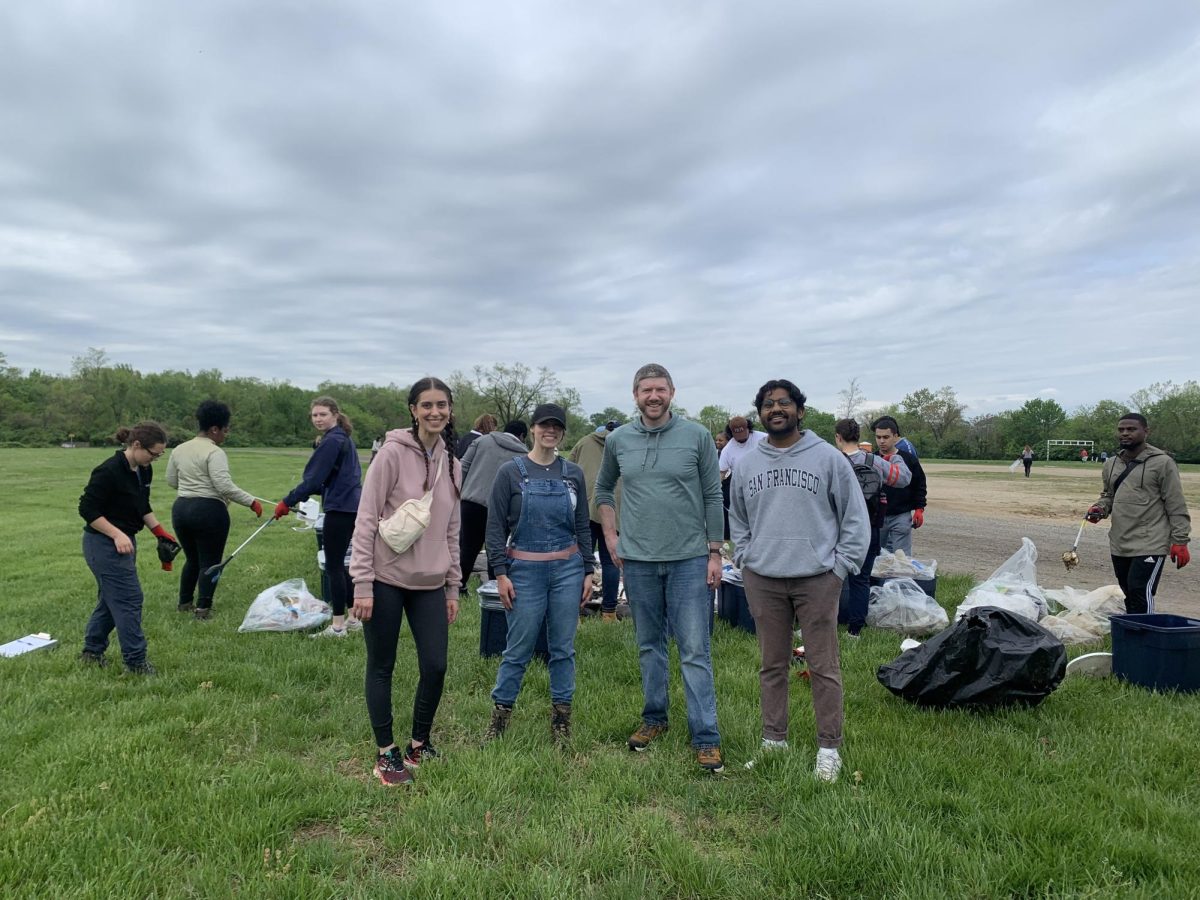When Derrick Philson was first asked to participate in a support group for male caregivers of disabled children, he was reluctant to get involved. After Philson’s daughter was seriously injured in a car accident when she was 16, he had trouble believing that there was any program that could provide him with the help he needed.
“[The accident] almost destroyed me,” he said. “I didn’t want to join this group and be promised all of these things and then be disappointed.”
But the Male Caregiver Advocacy Support group, a program co-sponsored by the Georgetown University School of Medicine and D.C. Health Care Services for Children with Special Needs, proved to be a very different kind of support group.
“What I realized is that [I wasn’t being invited] to get anything out of the group, [I was invited] to contribute,” Philson said. “[After a meeting with the Advocacy Group] I began what I call ‘a fight for life,’ for my daughter and for myself.”
The idea for this support organization was originally conceived by Cecil Doggette, a regular attendee at the weekly meetings of the Parent Advocacy Leaders Support Group, which is another outreach program of HCS for Children with Special Needs. Doggette wanted to become a better advocate for his granddaughter, who has multiple disabilities.
Upon attending the PALS meetings, Doggette noted the gender disparity as he found himself one of only two male attendees.
According to Doggette, when he reached out to the male partners of women who attended the PALS meetings, the fathers responded that they felt uncomfortable in such an emotional setting.
“They did not feel like they could ever be heard,” he said.
Soon after that, he sought HCS for Children with Special Needs’s help in creating a safe environment for these fathers to express concerns and ask questions.
What began with just one member soon grew to a group of eight and then multiplied to 30 participants. Today the group provides support to 210 male caregivers and their disabled children.
About 25 to 35 members attend each weekly meeting, during which the program provides transportation, a hot meal and childcare in addition to a “check-in session” where members are free to discuss any issues that are troubling them.
The meetings also include information sessions and presentations made by SOM students, who give medical advice to the men about how to care for their children.
According to Philson, the partnership with SOM has allowed the caregivers to voice their medical concerns and receive information about disparities in the healthcare system.
“It’s about learning patience and tolerance,” he said.
Robert Henry, who came to his first Wednesday night meeting to learn how to assist his nephew with cerebral palsy and better understand his son’s own struggles with Attention Deficit Hyperactivity Disorder, said that the parents and medical students have a reciprocal relationship.
“It’s a win-win situation, for the med students, the caregivers and most importantly, the children,” Henry said, noting that the group offers these aspiring doctors a peek into what will become their everyday lives.
“[They] are learning about black males who have children with special needs in a black community. These are things you can’t learn in a book; they’re trying to be the best doctors they can be and we’re trying to be the best parents we can be.”
Doggette said that he recognizes the SOM as one of the most important driving forces behind the group’s work advocacy work, adding that he hopes it will continue to support the program’s efforts at expansion and awareness building.
Henry said that with the help of its organizational partners, the MCAS group will continue to have a lasting impact.
“This is an incredibly unique program in that it offers a place for me to share my concerns as a parent and an advocate for my children, and discuss it with men confronting similar issues. We’re not afraid to be men here, to be real about our feelings and about our concerns,” he said. “We know that a journey of 1,000 miles begins with that very first step. It’s not necessarily Wednesdays that are important in this program, it’s what we do on that next day, and the day after that.”
GU medical students who participated in the program could not be reached for comment.














